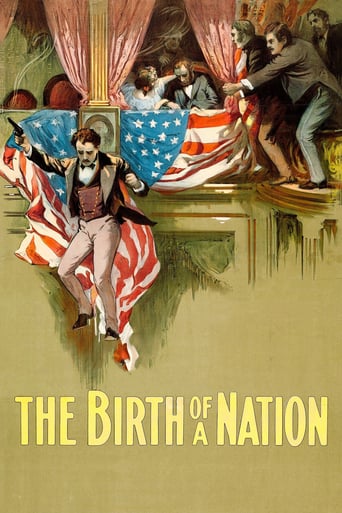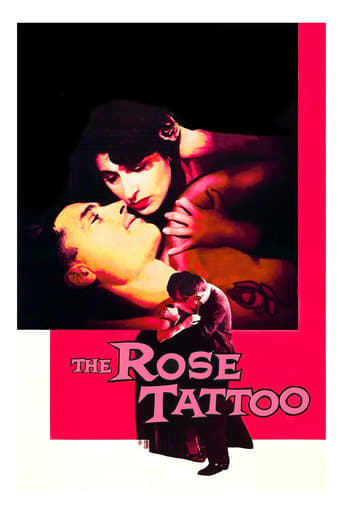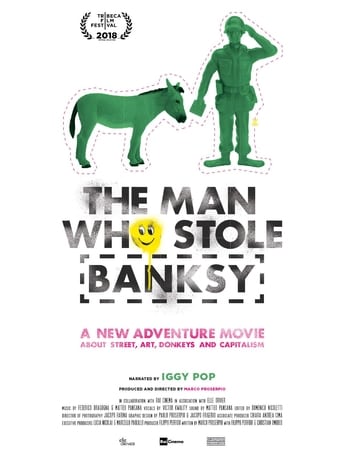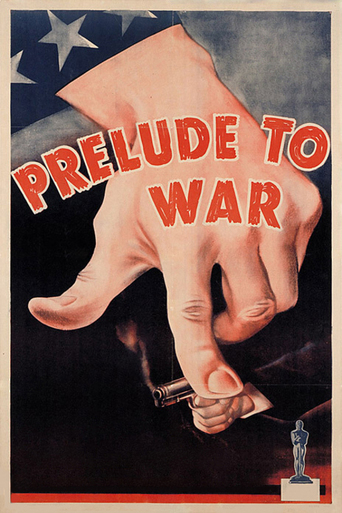


Rome, Open City
During the Nazi occupation of Rome in 1944, the leader of the Resistance is chased by the Nazis as he seeks refuge and a way to escape.
-
- Cast:
- Aldo Fabrizi , Marcello Pagliero , Harry Feist , Anna Magnani , Maria Michi , Giovanna Galletti , Nando Bruno


Similar titles
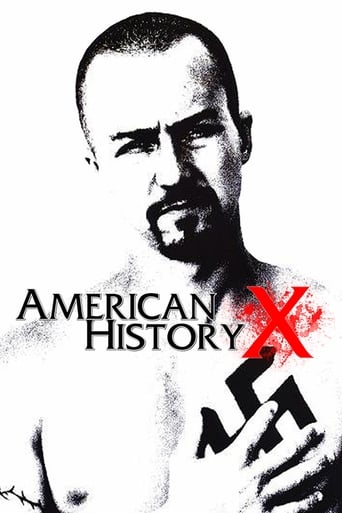

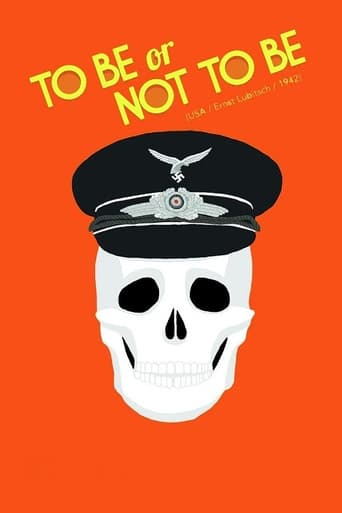



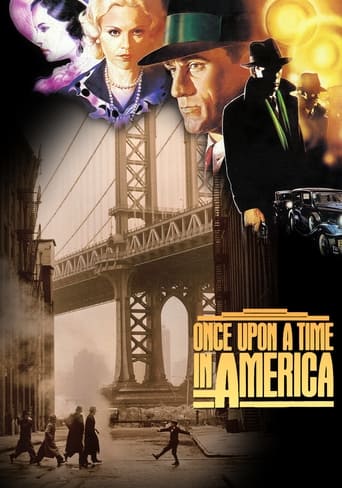

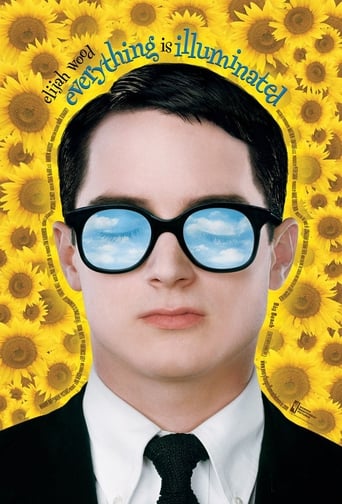
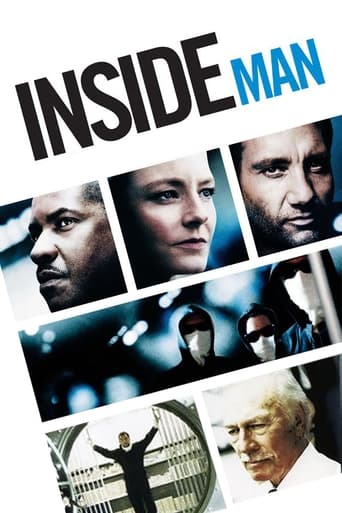
Reviews
Thanks for the memories!
This is a small, humorous movie in some ways, but it has a huge heart. What a nice experience.
Although I seem to have had higher expectations than I thought, the movie is super entertaining.
The thing I enjoyed most about the film is the fact that it doesn't shy away from being a super-sized-cliche;
It depicts its essence within its characters while the theme circles around faith. Much of Rossellini's pictures are somewhat a representation of this. Here the characters must escape or adapt the new federal law. Nazi forces have mobilized into Rome and the generals are tasked to sniff out any resistant leaders. This takes our main characters down several rabbit holes eventually leading into a torture; portraying the harsh brutality of World War 2. The movie undermines each character in better and worst situations. Most of them never prove within their strength. Rather they body themselves to fit in while others go against. It is the resistant characters who are trialled horribly and the general who is stern in approach. With each decision, our protagonists spiral into a lack of control. Ultimately, it leads to violence.There are tender moments however, between the lovers, a family, a couple and a priest where they find solidarity. This is its undertone and depicted gracefully through the acting. Then, after the first act, the movie climes its summit religious like. Death arrives, and the harsh reality turns into a darker bitterer atmosphere. Then, the final moments with the priest and the children direct us to a company of children with strength in their hearts and faith by their side. This is the third act in which it binds the tangent of the movie. With each directional point, it is presented with such a humane behaviour by Rossellini. Improvisational and spontaneous yet controlled by the editing. It's seamless. The acting is similarly yielded with praise, especially from the priest and the mother. We the audience encapsulates the essence and spirit that stands triumphant. Respectfully and rightfully, a great movie of history and of the human heart.
"Roma Città Aperta" is between the most important movies in the history of Italian cinema. It is not only one of the initiators and masterpieces of Italian neorealism, but also a beautiful story of courage, rebellion against blind evil and faith. I can't really relate to the faith part, as my ideas are much different from those spread by Don Pietro, but the -let's say- secular part moved me much more than I thought it would, especially the iconic race where Pina tries to get her husband back from the Nazis. She is so frantic and desperate in pursuing the impossible goal of running away from all that darkness, a small tear piled up in my eyes. Even the Nazis are not depicted in such a black-or-white manner, seeing a couple of them actually realizing, as their colleagues threaten, beat and murder, that they belong to no higher race after all. The only flaw is at the end, where actual facts are changed so that it appears that the Nazi general pulled the trigger on the priest, while it was not so (the Italian government imposed to the production to present it this way to prevent possible agitations). So I'd say that Sergio Amidei's script is a truly heartbreaking, thought-provoking piece that deserves its fame in Italy and elsewhere. Rossellini is a great director, he technically invented (alongside maybe Luchino Visconti) Italian neorealism with this film, but knowing that he actually directed movies for the fascist regime beforehand doesn't let me love his hand behind the camera when he shoots a story against the Axis. Acting. Anna Magnani and Aldo Fabrizi easily steal the show, actually they take it by right, as their characters existed in real life (more or less, as in any work of fiction) and their duty was to make their memory last forever: they did, beautifully.
After WWII filmmakers tried to find their ways to deal with history. A British director Humphrey Jennings made evocative documentaries about WWII and Americans made more romantic features about the war from their perspective. Here Italy comes in. The nation which had just got away from the chains of fascist management. Today this postwar Italian movement is known as neorealism, which is recognized from its reportage-like characterization, national personal gallery and dramatization of the resistance. But it cannot only be described by these external aesthetic features. The starting points in Italian neorealism were in the anti-fascist battle and the Italian liberalization.The people who formed neorealism, Vittorio De Sica, Luchino Visconti, Roberto Rosselini and many others, wanted to bring Italy back to the midst of other nations. They wanted to find their own way of dealing with the history. Narratively the way was the documentary, reportage-like characterization. The shady cinematography combined with the daring description of Italians. Even today Open City is praised as the symbol of the resistance and the picture of the character played by Anna Magnani was actually published in a stamp after 50 years in Italy. Her character became the symbol of the resistance.Film historians often tend to argue, who actually started neorealism. In 1943 Luchino Visconti directed Ossessione, which at least aesthetically looks like the work of a neorealist. Which probably is true, but neorealism is seen as a postwar genre and since the WWII ended in 1945, the statement that Ossessione would've began the movement is weak. But it most certainly did give it a start and the ingredients. Some also state that De Sica's Bicycle Thieves (1948) is the greatest film of neorealism. I think that Bicycle Thieves is a masterpiece, but when defining what neorealism actually is Rosselini's reportage-like characterization works better than De Sica's lyricism. Open City is the first film, which finely defined neorealism.Open City is perhaps the most personal film by Rosselini. It was written under the watchful eyes of the fascist management, where the risk of getting arrested was always near. This made Rosselini and the other screenwriter Sergio Amidei feel like they were a part of the resistance - what would be greater than to write your own page to history? When young Federico Fellini (today the most famous of the team) joined the crew, they started to film it with an incredibly low budget. Roberto Rosselini has said: "Open City achieved more than all the efforts of the Italian Foreign Ministry put together. It helped Italy to find its own place among other nations." Rome Open City is a picture of its own time, it's a landmark in the history of cinema. In both the WWII genre and in Italian neorealism, which influenced the Japanese postwar cinema (Kurosawa, Ichikawa) and the Nouvelle Vague - French New Wave (Godard, Truffaut, Rivette, Chabrol & Rohmer). It's a cry for democracy and freedom. It is a hopeful picture of Italy free from the chains of the fascists. It meant a totally new way of dealing with the history. Open City was a very ambitious film, but it succeed in all of its intentions. It is still a timeless masterpiece.
It is debatable whether or not this movie is worthy of its title of early masterpiece from Roberto Rossellini but fact remains that this movie is simply a great movie about a real tough and dark period.What foremost makes this so unique was that it got made so soon after the actual end of WW II and the end of reign of fascism. Therefore the overall feel and look of the movie seems very authentic. Basically all people involved in this movie in front and behind the cameras had to really go through the period as portrayed in this movie. There also weren't too many anti-Nazi movies around yet during that them, at least not movies that got made in Italy itself. This is one of the very first that shows the horrors the common Italian population had to go through and how a brave few tried to make a difference by fighting the fascist enemies.It's a movie that features the common WW II movie ingredients focusing on the underground resistance, such as courage, loyalty and betrayal. In that way this movie is a real typical WW II, of which still so many get made. So perhaps in todays light this movie has to offer than it did in 1945. Not that it makes the movie worse though. Still I feel that the movie story could had been a bit more interesting and focused a more clear main plot-line and 'point' so to speak. But that's just not really the Italian-way.The movie is made in a real typical Italian cinematic way, which means that it's slow at times and also heavily leans and depends on its leading characters. Not that that's a complaint though, since the movie really features some great characters who also get portrayed by some real capable actors.The movie hasn't aged too well though, in terms of its picture quality. The movie could really use a restoration and re-release. Who knows, some day we might get lucky.The movie shows that Roberto Rossellini was really a great director, who knew how to tell a story, with an eye for detail and realism.It's not the most effective or intriguing WW II movie I've ever seen but it comes close enough.8/10http://bobafett1138.blogspot.com/

